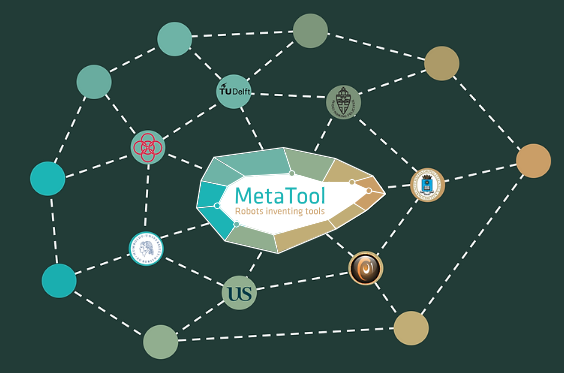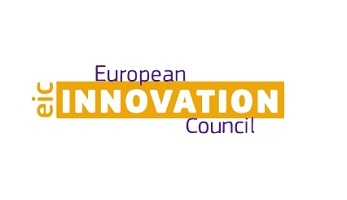METATOOL
Developing a computational model of tool invention in artificial agents based on active inference


The ability to invent new tools has been identified as an important facet of our ability as a species to problem solve in dynamic and novel environments. While the use of tools by artificial agents presents a challenging task and has been widely identified as a key goal in the field of autonomous robotics, far less research has tackled the invention of new tools by agents. Importantly, targeting the skilled task of tool creation permits us to study embodied cognition from a pragmatic, incremental and purposeful perspective.
In order to solve the inverse problem of imagining a new tool from the desired effect or goal, we need to provide AI systems with action abstraction, such that they can generate new hypotheses from learned representations. The metacognitive approach to cognition and computational models based on the predictive brain hypothesis such as active inference, give us a first-principle mathematical approach to deploy innovation skills in robots.
Objectives:
We particularly focus on the development of a computational model that enables an artificial agent to go from tool use to tool invention. The general aim will be achieved by addressing three specific objectives:
- To study the consistency of metacognitive capabilities as a facilitator for the emergence of tool making from the perspectives of computational neuroscience. The working hypothesis is that monitoring the uncertainty in a predictive system facilitates cognitive offloading, i.e., to transform complicated outcomes into external novel tools.
- To develop a computational model of tool invention based on the active inference account of perception and action.
- To validate this approach on embodied artificial agents. We evaluate the model in AI- based simulated and robotic systems in two use cases: conditional task problem solving under uncertainty and tool invention.
METATOOL aims to provide a blueprint for the next generation of artificial systems and robots that can perform adaptive, and anticipative, control with and without tools (improved technology), self-evaluation (novel explainable AI) and invent new tools (disruptive innovation). Tool creation and tool invention are outstanding technological milestones in human history. A similar breakthrough can now be envisioned in engineering.
To read more about the project, see here.